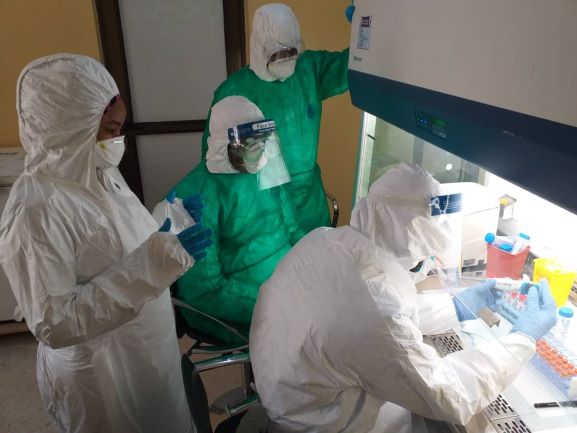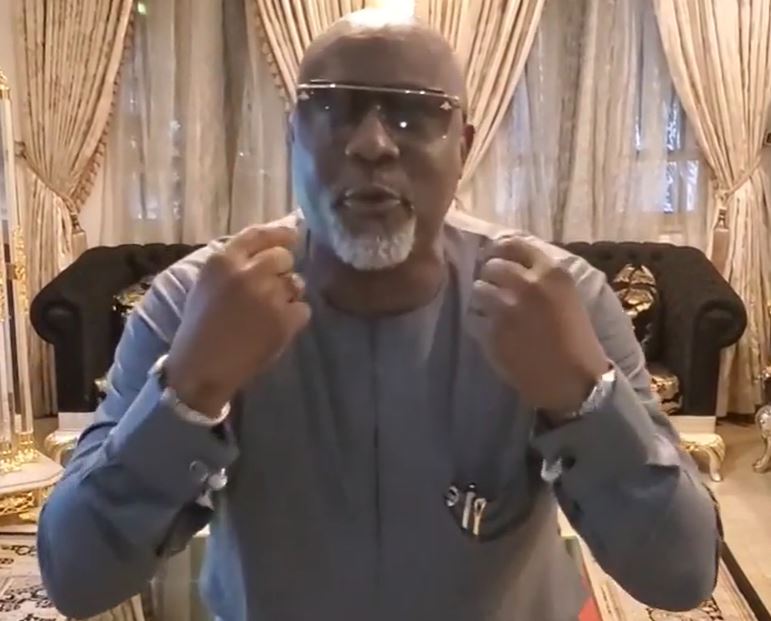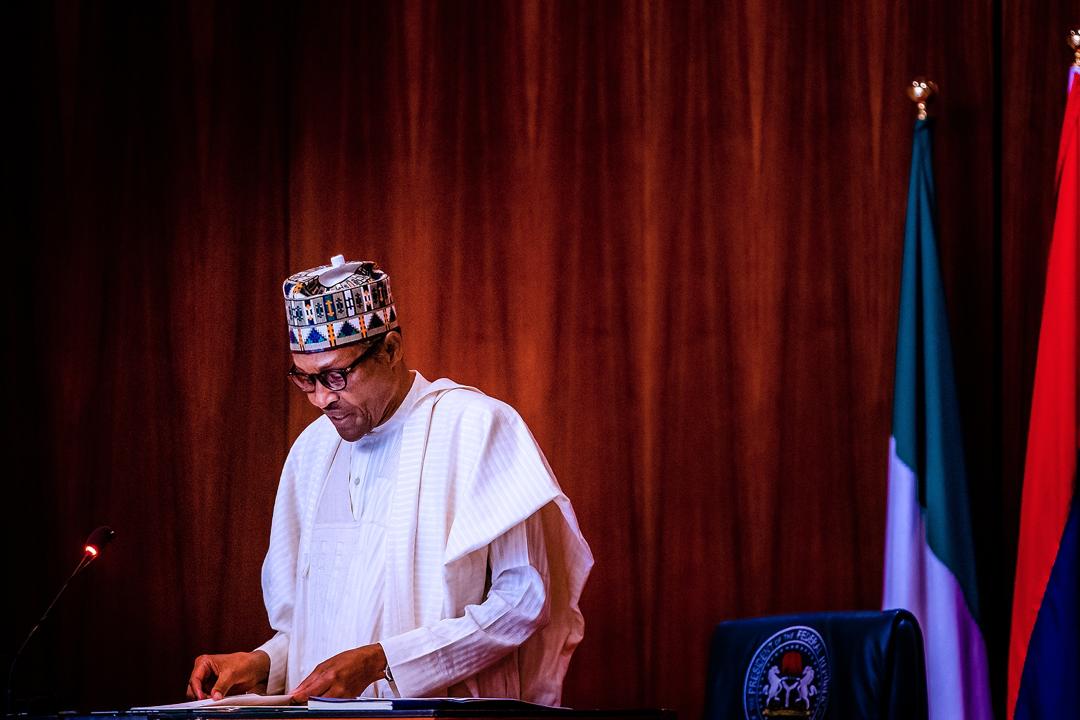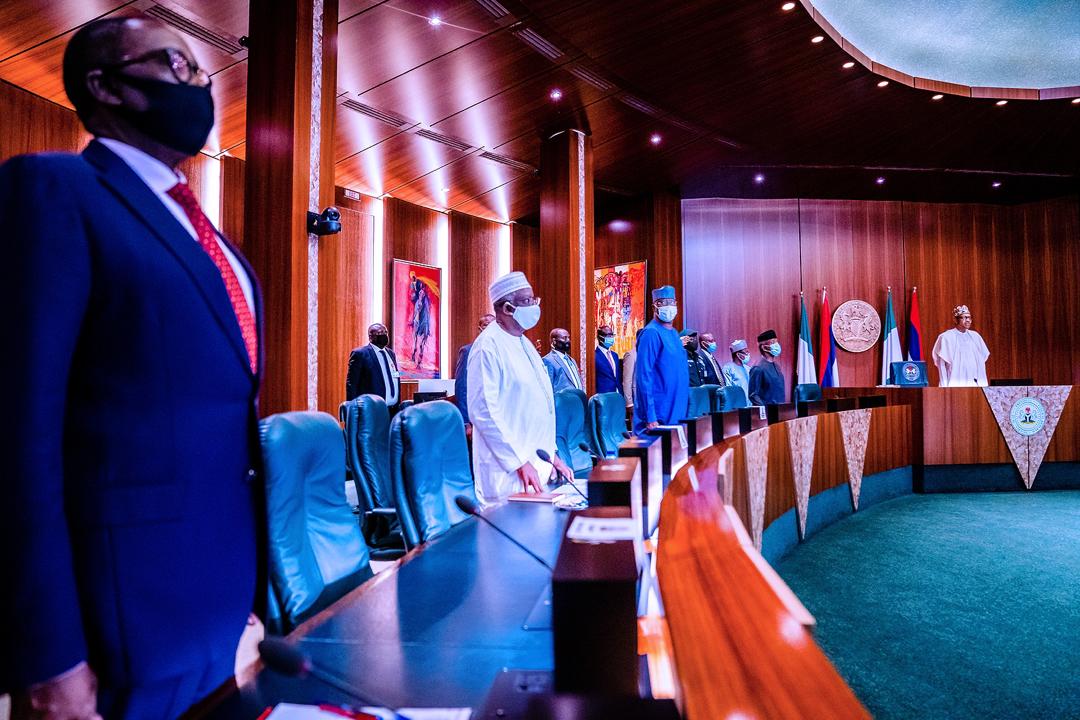The Coronavirus is still very much around. The damage it has done and is still doing is simply mind-boggling. Hundreds of thousands have died all over the world. Businesses have suffered great losses. Relationships have been negatively impacted. A lot of things we never planned for at the beginning 2020 have happened.
Though we are still grappling with the harsh effects of COVID-19 on our lives, there are already plenty take-aways from this pandemic. And there are so many lessons to learn from the situation that we have found ourselves in 2020. Adapting to the new reality has become a categorical imperative. It was Charles Darwin who told us that “It is not the strongest of the species that survives. Nor the most intelligent that survives. It is the one that is most adaptable to change.”
Covid-19 has changed so many things in our lives. Though it is easy to look at the negative effects of the pandemic, there is no doubt that some good things have come out of these trying times. There are so many negatives and most of us are familiar with them, so I am not sure we should spend much time on them in this article.
Even in the midst of the ravages wrought by this unwanted visitor, we had moments of comedy and laughter. When the news of virus started gaining traction in late February and early March, some of us consoled ourselves that this is definitely not a “black man’s disease”. After all, very few black people were dying. Then the theory was also floated that the virus cannot survive in a tropical environment: the heat in our part of the world is just too much for the virus.
Advertisement
Shortly after that, such postulations fell apart like a pack of cards. More blacks were dying in the United State and many European countries. And the virus landed in the tropics and was doing grave damage. The early news from countries such as Italy, Spain and the United Kingdom was frightening and depressing. People were dying like chickens! What is going on?
That was when the conspiracy theorists came to town. In full force. The virus was manufactured in China for evil purposes. The virus is part of the anti-Christ movement designed to harm the children of God. The big pharmaceutical companies have conspired to bring the virus upon us so that they can make hefty profits therefrom. Etc, etc.
There was also the story that came out of Madagascar that the country has found a cure for the virus. When the World Health Organisation was reluctant to validate that claim, the world health body was accused of racism; that it was because it was an African country that the claim was being downplayed. We must take the Madagascar miracle cure, and let the so-called health experts go to hell. Not long after, the Madagascar claim unraveled. The casualty rate in that country due to coronavirus spiked and there was quiet from that front.
Advertisement
Many people, including prominent public figures downplayed the severity of the pandemic. Most prominent is US President Donald Trump who asserted that the virus will disappear just as it came. Prime Minister Boris Johnson of Britain began playing with fire. He went to an isolation centre and was shaking hands with patients and claimed the virus wasn’t as deadly as claimed. A few days later, he almost died. If not for the excellent health workers who took care of him and the grace of God he would have been dead long ago. Till today, there are still many people who do not believe that there is any coronavirus pandemic. There are many of them in Nigeria. All they see are dark conspiracies. Even the efforts to develop vaccines to counter the virus has been demonized. And Bill Gates has been accused of being in the forefront of this anti-Christ enterprise.
Nowhere is the virus much politicised as in the United States. The conspiracy theorists still have their headquarters in that country. Almost half of America does not believe that they should take elementary precaution that would minimize the chances of being infected. No masks. No social distancing. No care. Nothing. And the response to the pandemic has become a political tool. As at the time of writing this, over 180,000 people have died in that country because of the virus. Yet there are so many people there who still do not believe there is Covid-19.
The pandemic has also revealed how fragile so many societies are. Millions of people lost their jobs. Hundreds of thousand businesses closed shop. Feeding became a major problem for many people around the world. The limits of capitalism without a people-centred orientation became quite clear to all. During the initial weeks of the lockdown, it was like there was a platoon of beggars was released upon the land. From every corner came people begging for money to take care of themselves and their families. And there was no question that most of these requests were genuine. It was a tough time for most people.
Many people are still struggling to stay alive. Those who have survived so far have had their lives disrupted. Students have been home for more than six months. The unemployment figures are bad in all parts of the world.
Advertisement
A lot of good things can also be taken from the pandemic. For example, many families have become more united as a result. Many children who seldom saw their parents for extended periods of time were happy to be with them during the lockdowns. It is not unusual that in a city like Lagos, some children wake to find that their parents have gone to work. And they go to bed before these parents return from work! Though there were a few reports of couples who quarreled during the lockdown, I think it can be safely said that many marriages became stronger and better during the period.
My own experience buttresses this assertion. Before the lockdown, I had not slept on the same bed with my wife for 60 consecutive days since we got married almost 29 years ago. It is either I had travelled or she had travelled. Sometimes, I would have been transferred to work in another town while she remained behind. Or I am in the hospital bed and she comes to tend for me from home. Generally, mine had been a peripatetic life. Almost always on the move. The lockdown allowed for family consolidation.
Coronavirus also brought with it enough time to catch up with relatives and friends one had not been in regular touch with. And they are many, in different parts of the world. We can say that it enabled our humanity. The fact that man is a social animal was pretty clear to all of us during the lockdown. The desire to communicate and interact with one another couldn’t have been more pronounced. It is hoped that the resultant bonding would endure.
The blossoming of online meetings and conference during this period is also a positive thing we can take away from the pandemic. The work culture has been drastically changed. Governments and corporate organisations already making huge savings from this. They will certainly consolidate on this practice even when the pandemic is over.
Advertisement
At the end of it all, the need to be careful and stay safe in these trying times cannot be overstated.
Advertisement
Views expressed by contributors are strictly personal and not of TheCable.
Add a comment







